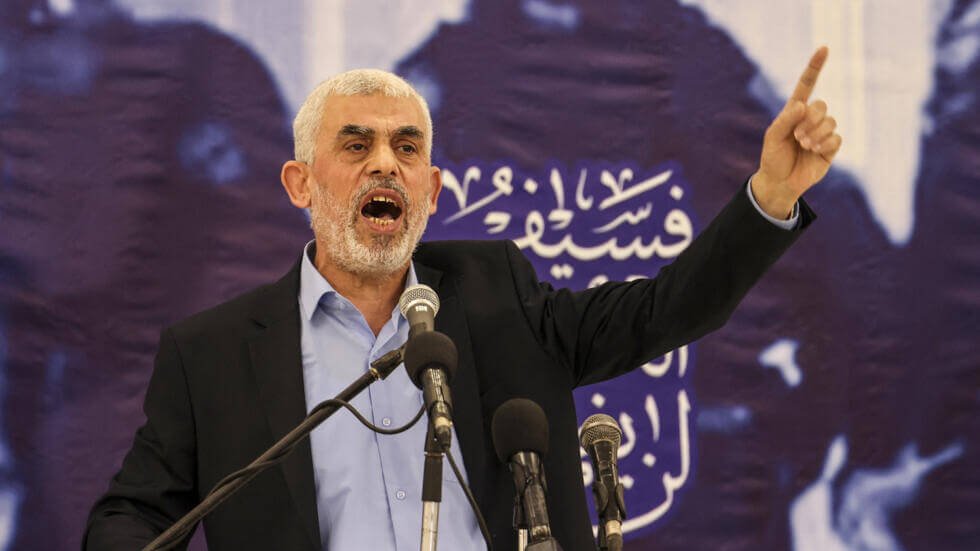Hamas’s new leader, Yahya Sinwar, replaces Ismail Haniyeh, sending a defiant message to Israel, whom Hamas blames for Haniyeh’s assassination. Sinwar led Hamas in Gaza since 2017 and now heads the political wing.
Sinwar tops Israel’s most-wanted list, accused of masterminding the October 2023 attacks. Israeli officials condemn his appointment, calling him a “terrorist.” US Secretary of State Antony Blinken believes Sinwar’s leadership will hinder ceasefire talks.
Sinwar’s history reveals a militant past. He founded Hamas’s security service, Majd, and spent time in Israeli jails. Released in 2011, he now leads Hamas at 61. His appointment may escalate tensions, and his leadership style will impact the region.
The international community watches closely, concerned about future violence. Sinwar’s hardline stance may further complicate peace efforts. Israel remains on high alert, prepared for potential attacks.
Hamas’s new leader, Yahya Sinwar, faces internal divisions within the political wing. Some members prefer a more moderate approach, while others support Sinwar’s militancy. This internal conflict may weaken Hamas’s overall position.
However, Sinwar’s leadership solidifies Hamas’s stance against Israel. His appointment signals a new era of confrontation, making peace negotiations even more challenging. The coming weeks will be crucial in understanding the implications of Sinwar’s leadership and its impact on the region.
Thus, the situation remains volatile, with Sinwar’s appointment marking a new chapter in the complex and tumultuous history of the Middle East conflict.









